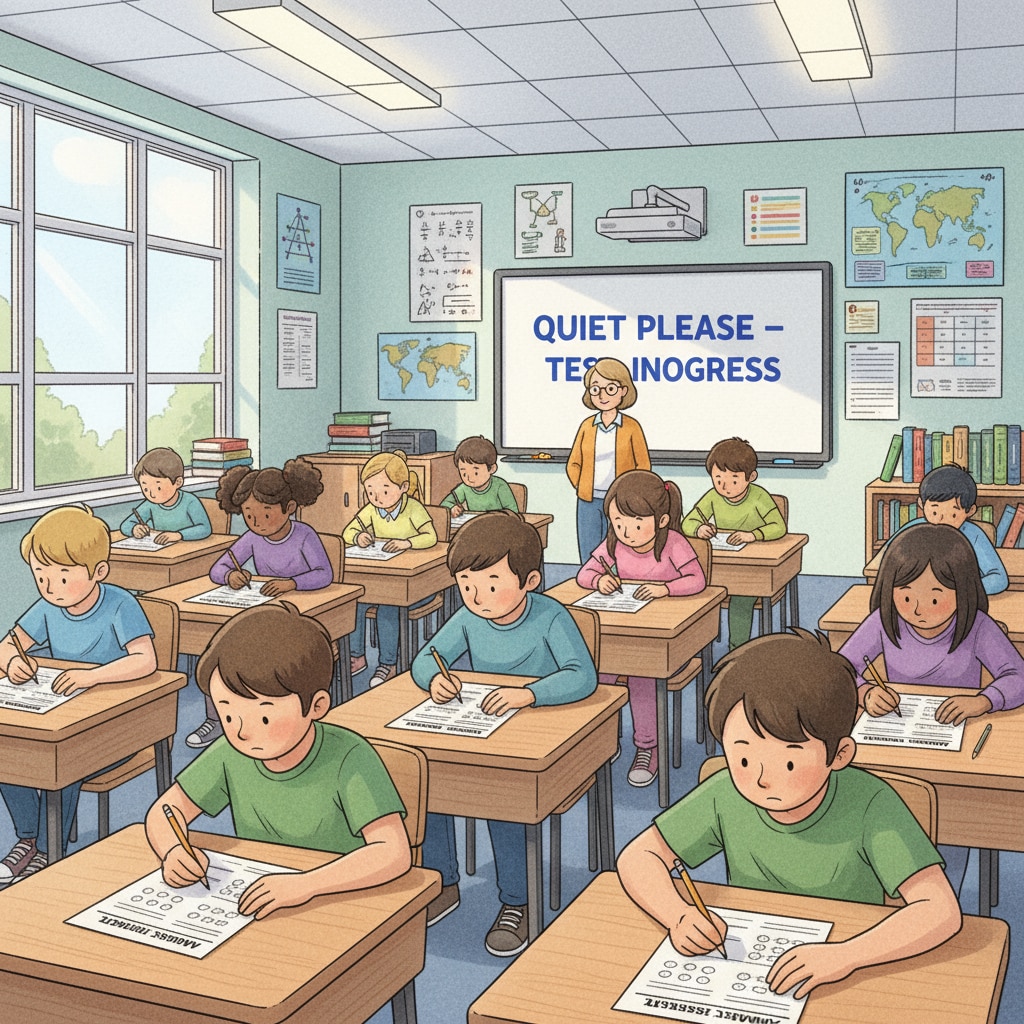Standardized tests, memory, and critical thinking are intertwined aspects in the realm of K12 education assessment. For years, standardized tests have been the cornerstone of evaluating students’ academic progress. However, they have significant limitations in truly gauging a student’s learning ability. These tests often emphasize rote memory, asking students to regurgitate facts rather than encouraging the development of critical thinking skills.

The Overemphasis on Memory in Standardized Tests
Most standardized tests are structured in a way that rewards memory recall. Questions typically require students to remember specific dates, formulas, or definitions. For example, in a history test, students might be asked to recall the exact year of a particular event. This focus on memory doesn’t necessarily reflect a student’s understanding of the broader historical context or their ability to analyze and interpret historical events. As a result, students may excel at memorizing information for the test but lack the deeper comprehension needed for real-world applications. Standardized test on Wikipedia

The Neglect of Critical Thinking Development
Critical thinking involves the ability to analyze, evaluate, and form one’s own opinions. Unfortunately, standardized tests rarely measure these skills effectively. The multiple-choice and short-answer formats commonly used in these tests often have pre-determined correct answers, leaving little room for students to express their unique perspectives or engage in in-depth analysis. For instance, a literature test might ask students to select the “correct” theme of a novel from a set of options, rather than having them discuss and defend their own interpretations. This lack of emphasis on critical thinking can hinder students’ growth as independent thinkers. Education on Britannica
To address these issues, it’s crucial to explore alternative assessment methods. A more balanced educational assessment system should incorporate a variety of approaches, such as project-based learning, portfolios, and classroom discussions. These methods can provide a more comprehensive view of a student’s learning, including their critical thinking skills and creativity. By moving beyond the constraints of standardized tests, we can better prepare students for success in an ever-changing world.
Readability guidance: The paragraphs are short to enhance clarity. Lists could be added in future sections for better organization. The use of passive语态 is minimized, and transition words like ‘however’, ‘for example’, and ‘as a result’ are used to connect ideas.


